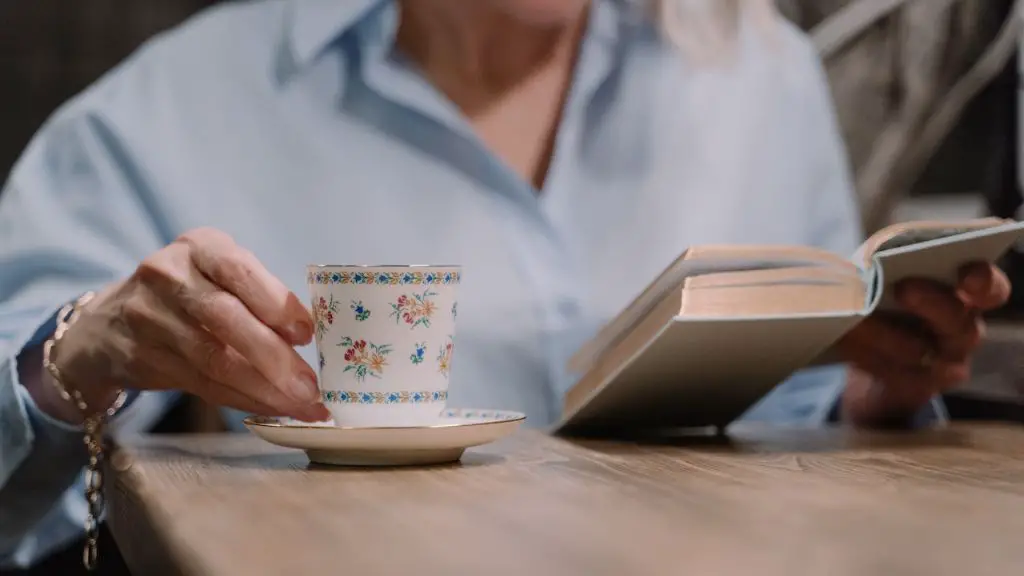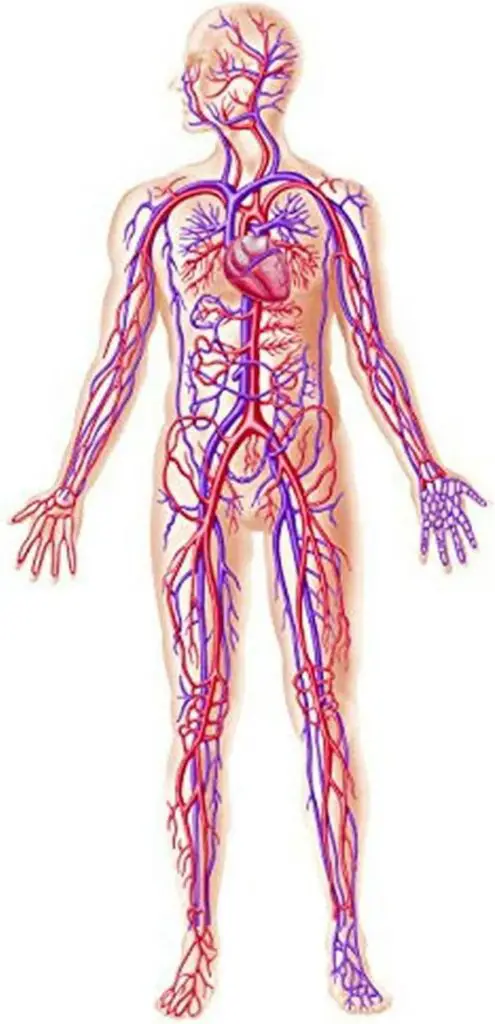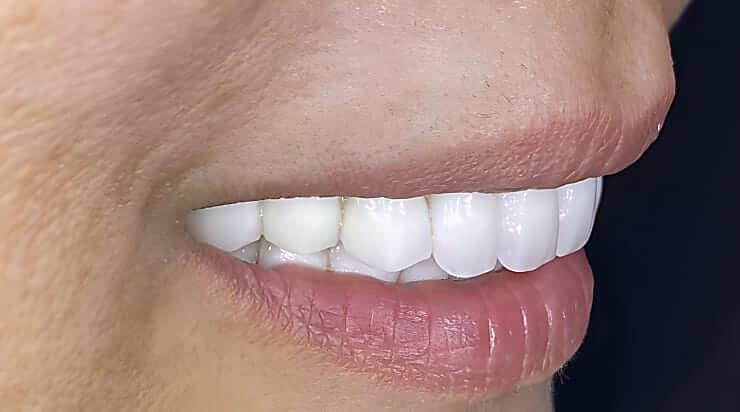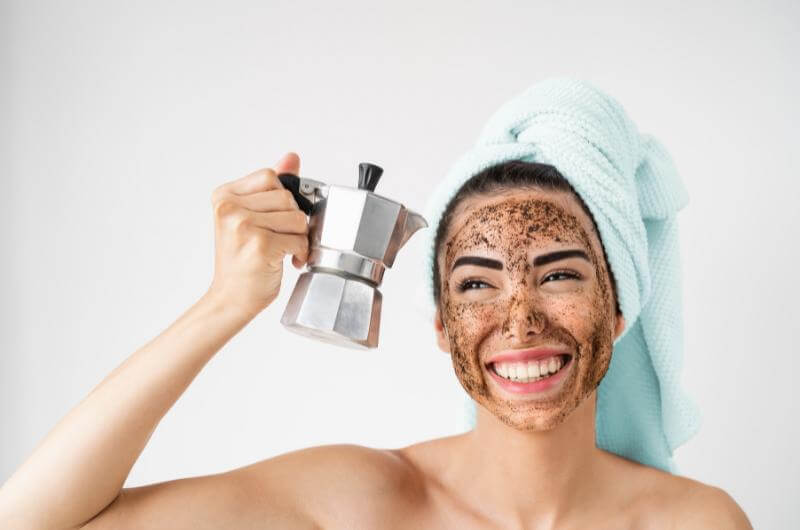Interested in the impact of ditching your daily coffee habit on your skin? In this post, we’ll delve into the fascinating transformations that might take place as you say goodbye to your favorite brew.
From potential advantages and drawbacks to personal considerations, let’s embark on a journey to discover what occurs when you cease drinking coffee and its effects on your skin.
Immediate Effects of Quitting Coffee on Skin
When you stop drinking coffee, your body goes through a withdrawal phase, which can cause immediate effects on your skin. These effects can be both positive and negative and vary from person to person.
Negative Effects
- Dehydration: Coffee is a diuretic, which means it increases urine production and can lead to dehydration. When you stop drinking coffee, your body retains more water, which can make your skin appear plumper and more hydrated.
- Dullness: Coffee contains antioxidants that can help brighten your skin and reduce inflammation. When you quit coffee, you may experience a temporary dullness in your complexion as your body adjusts to the absence of these antioxidants.
- Breakouts: Coffee consumption has been linked to an increased risk of acne breakouts. This may be due to the effects of caffeine on the body’s hormonal balance and its ability to stimulate sebum production. Sebum is an oily substance that can clog pores and contribute to the development of acne.

Positive Effects
- Reduced Inflammation: While coffee can help reduce inflammation in the skin, it can also cause inflammation in some people. If you have sensitive skin or suffer from conditions like rosacea or eczema, quitting coffee may help reduce inflammation and redness.
- Improved Sleep: Coffee can interfere with your sleep, which can lead to dark circles, puffiness, and dullness in the skin. When you quit coffee, you may notice an improvement in the quality of your sleep, which can lead to a more rested and refreshed appearance.
- Increased Hydration: As previously noted, giving up coffee can result in improved overall body hydration. Interestingly, for some individuals, this can actually be a positive change, as it can have a beneficial effect on the skin. Adequate hydration can give your skin a fuller, more radiant appearance while reducing the likelihood of fine lines and wrinkles.
- Return of Acne: For some individuals, quitting coffee may lead to hormonal fluctuations that result in the return of acne breakouts. The skin may take time to adjust to the absence of caffeine, leading to breakouts.
To put it a short, quitting coffee can have both positive and negative effects on your skin. While some people may experience temporary dullness or breakouts, others may see an improvement in inflammation, hydration, and sleep quality.
Remember that everyone’s skin is different, so it’s essential to pay attention to how your skin reacts when you quit coffee.
Long-term Impact of Coffee Cessation on Skin
Quitting or reducing your coffee intake can have both positive and negative long-term effects on your skin. In this section, we will explore the impact of coffee cessation on your skin.
Negative Impact
- Increased Sensitivity: Coffee contains compounds that, when removed from your diet, can make your skin more sensitive to external factors like UV radiation. This heightened sensitivity may increase the risk of sunburn and skin damage over time.
- Loss of Antioxidant Benefits: Coffee is rich in antioxidants, which can help combat free radicals that contribute to skin aging. Quitting coffee means missing out on these antioxidant benefits, potentially leaving your skin more vulnerable to premature aging.
- Potential for Weight Gain: Some people substitute their coffee with high-calorie, sugary beverages when quitting. Weight gain can lead to skin stretching, which may contribute to the development of stretch marks over time.
- Impact on Circulation: Coffee can improve blood circulation when consumed, which can give your skin a healthy glow. Quitting coffee may result in reduced circulation benefits over time, affecting your skin’s appearance.

Positive Impact
Quitting coffee can have several long-term positive effects on the skin:
- Improved Hydration: Coffee is a diuretic and can lead to increased urination and potential dehydration. Quitting coffee can result in improved overall body hydration, leading to plumper and more radiant skin.
- Stabilized Hormones: Coffee consumption may lead to hormonal fluctuations in some individuals, potentially triggering acne breakouts. Quitting coffee can stabilize hormone levels, reducing the risk of acne in the long term.
- Healthy Aging: Coffee can increase cortisol levels, which contribute to premature aging, including the development of wrinkles and fine lines. Quitting coffee may help normalize cortisol levels, leading to healthier, more youthful-looking skin.
- Even Skin Tone: Over time, quitting coffee can lead to a more even skin tone, as coffee can exacerbate conditions like melasma or hyperpigmentation. Your skin may appear more balanced and uniform.
- Overall Skin Health: Improved hydration, reduced skin irritation, and stabilized hormones contribute to long-term skin health. Your complexion may appear fresher and more vibrant over time.
Keep in mind that these long-term benefits may vary between people, influenced by factors like genetics and lifestyle choices. If you’re thinking about quitting coffee for better skin, be patient; it may take time to see results. Alongside this change, a balanced diet and a regular skincare routine can further boost your skin’s health.
In summary, cutting down on coffee can have lasting effects on your skin, both positive and negative. Although letting go of your daily cup may be challenging, reducing consumption can promote a more youthful and healthier complexion.
Personal Experiences
While everyone’s experience is different, there are some common changes that people report after quitting coffee.
For example, some people notice that their skin looks brighter and more radiant. This could be due to the fact that coffee can dehydrate the skin, which can make it look dull and tired. When you stop drinking coffee, your skin may become more hydrated, which can help it look healthier.
Another common change that people notice is a reduction in acne. Coffee can increase inflammation in the body, which can contribute to acne. When you stop drinking coffee, you may find that your skin is less inflamed and that your acne improves.
Some people also report that their skin looks less puffy after quitting coffee. This could be due to the fact that coffee can increase water retention in the body, which can make the skin look swollen. When you stop drinking coffee, your body may be able to regulate its water balance more effectively, which can help reduce puffiness.
Indeed, everyone’s skin is unique, and your personal experience may differ from someone else’s. I must remind you to pay attention to how your skin responds and make choices that align with your individual skin needs and preferences.
Expert Insights
We’ve consulted with skincare experts to provide you with their insights on the subject.
According to Dr. Ava Shamban, a board-certified dermatologist, “caffeine can constrict blood vessels, which can lead to a decrease in blood flow to the skin. This can cause the skin to look dull and tired.” However, Dr. Shamban notes that the effects of caffeine on the skin are temporary and that the skin will return to its normal state once caffeine is eliminated from the body.
Dr. Shamban also notes that “coffee contains antioxidants, which can help protect the skin from damage caused by free radicals.” Free radicals are unstable molecules that can damage cells and contribute to the aging process. Therefore, eliminating coffee from your diet may increase your risk of skin damage caused by free radicals.

Dr. Rachel Nazarian, a board-certified dermatologist, notes that “coffee can also be a diuretic, which can lead to dehydration and dry skin.” Dehydration can cause the skin to look dull, dry, and prone to fine lines and wrinkles. Therefore, cutting out coffee may improve your skin’s hydration levels.
That being said, while coffee can have both positive and negative effects on the skin, it ultimately depends on the individual and their unique skin type and concerns. If you’re considering giving up coffee, you’d best consult with a skincare professional to determine the best course of action for your skin.
How to Lessen the Impact of Coffee on Your Skin
If you’re not ready to give up coffee altogether, there are some steps you can take to lessen its impact on your skin. Here are some tips:
1. Drink Water
Drinking water can help hydrate your skin and flush out toxins. Aim to drink at least 8 glasses of water a day to keep your skin looking healthy and vibrant.
2. Use Sunscreen
Coffee can make your skin more sensitive to the sun, so it’s important to use sunscreen daily. Choose a broad-spectrum sunscreen with an SPF of 30 or higher, and apply it generously to all exposed skin.
3. Avoid Sugary Coffee Drinks
Sugary coffee drinks can cause inflammation in the skin and lead to breakouts. Instead, try drinking your coffee black or with a splash of almond milk or coconut milk.
4. Moisturize Your Skin
Coffee can be dehydrating, so it’s important to moisturize your skin regularly. Look for a moisturizer that contains hyaluronic acid, which can help lock in moisture and keep your skin looking plump and healthy.
5. Limit Your Coffee Intake
If you’re drinking multiple cups of coffee a day, try cutting back to just one or two cups. This can help lessen the impact of coffee on your skin and keep it looking healthy and radiant.
By following these tips, you can still enjoy your daily cup of coffee without sacrificing the health and appearance of your skin.
Final Thoughts
In a nutshell, the decision to give up coffee and its effects on your skin are unique to each individual. While there are potential advantages and disadvantages, it’s important to remember that caffeine, in moderation, is generally safe for most people.
So, if you’re a coffee enthusiast, you can likely continue to savor your morning cup without excessive concern about its impact on your skin. Ultimately, maintaining a balanced lifestyle and skincare routine is key to nurturing healthy and vibrant skin.

















































